Is music a craft
Or is it an art?
Does it come from mere training
or spring form the heart?
Did the études of Chopin
reveal his soul’s mood?
Or was Frédéric Chopin
Just some slick “pattern dude”?
~ Douglas Hofstadter
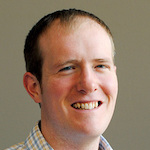
Ed Finn is the founding director of the Center for Science and the Imagination even while holding an Associate Professorship in the Department of English and the School of Arts, Media, and Engineering at Arizona State University. He considers himself, first and foremost, a writer, but also said that increasingly…
In the past few years, I’ve found myself becoming more and more of a builder, a maker, a ringmaster, an experimenter. [And even] a provocateur…I really enjoy that role…[but] authorship gives me too much credit…it’s a different kind of creativity in expressing these ideas, and trying to do that in a really collaborative, co-creative way with other people.
Our discussion with Dr. Finn explored the intersections between creativity, education, and science and technology from a perspective that sees imagination as central to creativity as well as being the key to envisioning possible futures which can allow us to consider the pressing issues of today. In fact, argues that creativity and the imagination are essential for our survival in near future. Additionally, he argues:
… how this conversation plays out in education is hugely important because we’re not preparing young people today to survive the coming century and to deal with the kinds of change and complexity that they’re going to be facing. We need to think about creativity and imagination not as academic topics or even just as methods but really as fundamental life skills. And almost as a human right: a deeply important part of individual and collective empowerment and personhood.
Read the entire article by following the link below, or access all the articles in the series here, or just the interviews here.
Evans, M.D., Henriksen, D., Mishra, P. & the Deep-Play Research Group (2019). Using creativity and imagination to understand our algorithmic world: A conversation with Dr. Ed Finn.. TechTrends, 64: dos: https://doi.org/10.1007/s11528-019-00404-3

Note: As a little personal challenge to myself, I have been creating unique banner images for my blog posts, attempting to capture some of the key ideas in the post visually. For instance, the image at the top of this post – created from a photo I took during a recent trip to New York. Usually I create a few images before selecting one as the image to post. It was no different with this blog post – except that I kind of like some of the other ones I created and hated to just delete them. So for the record here are three other images I created for this blog post.
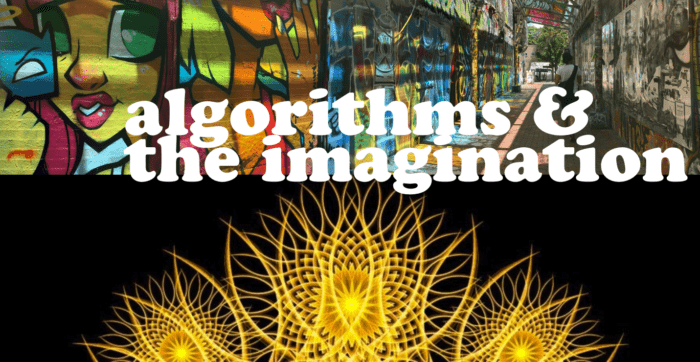
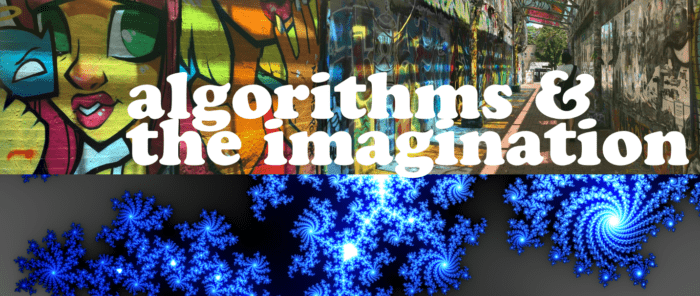
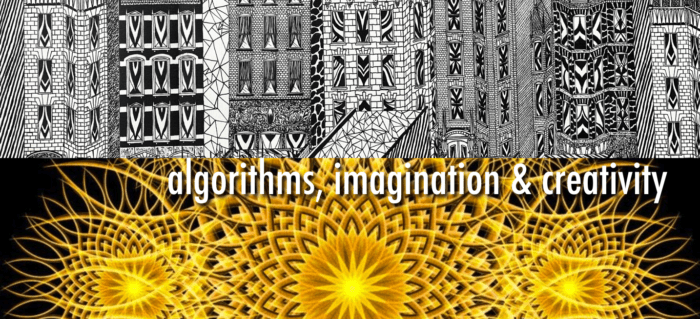



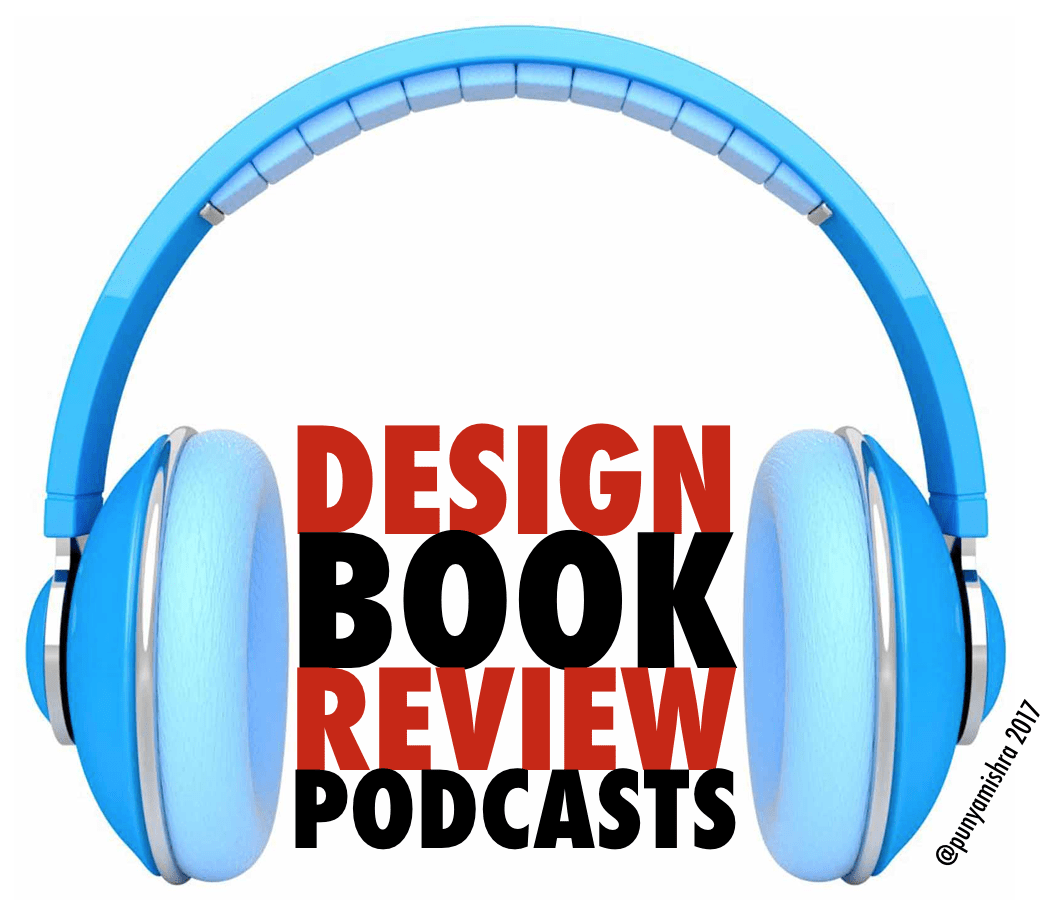
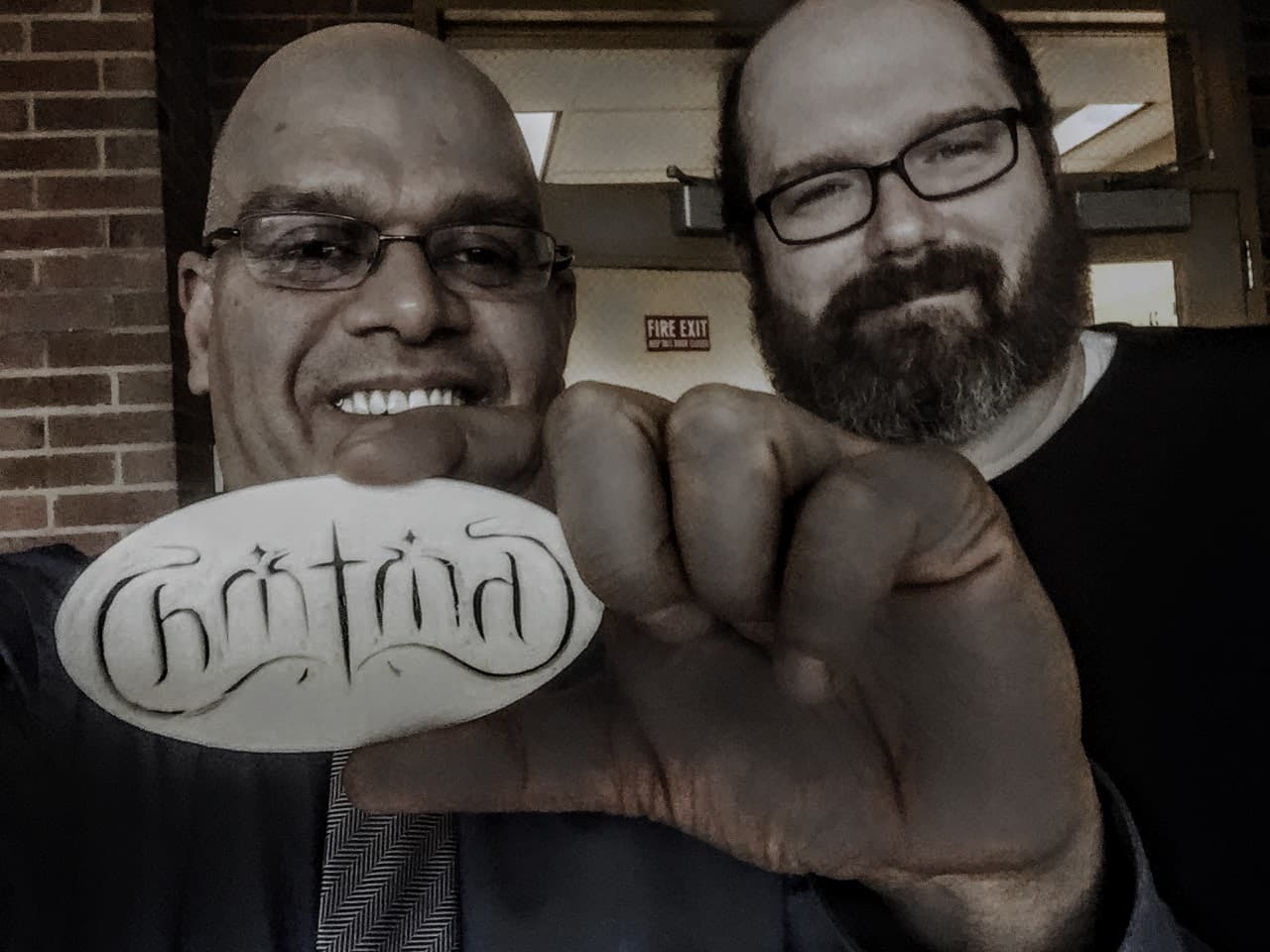
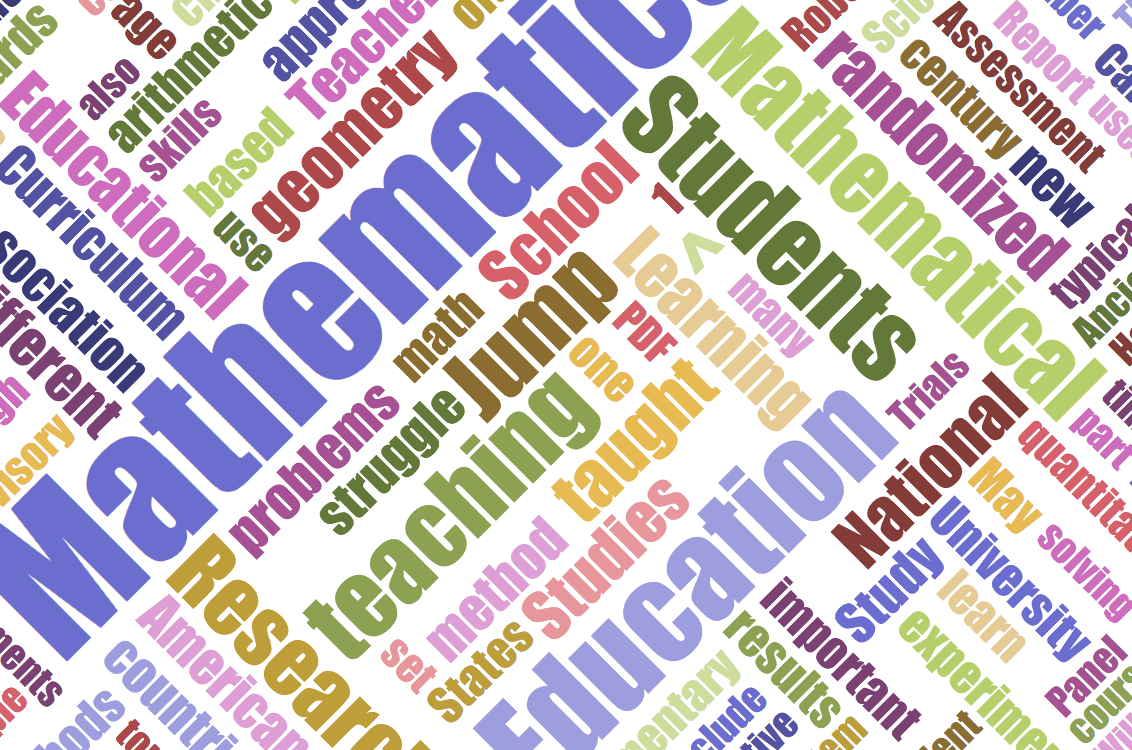
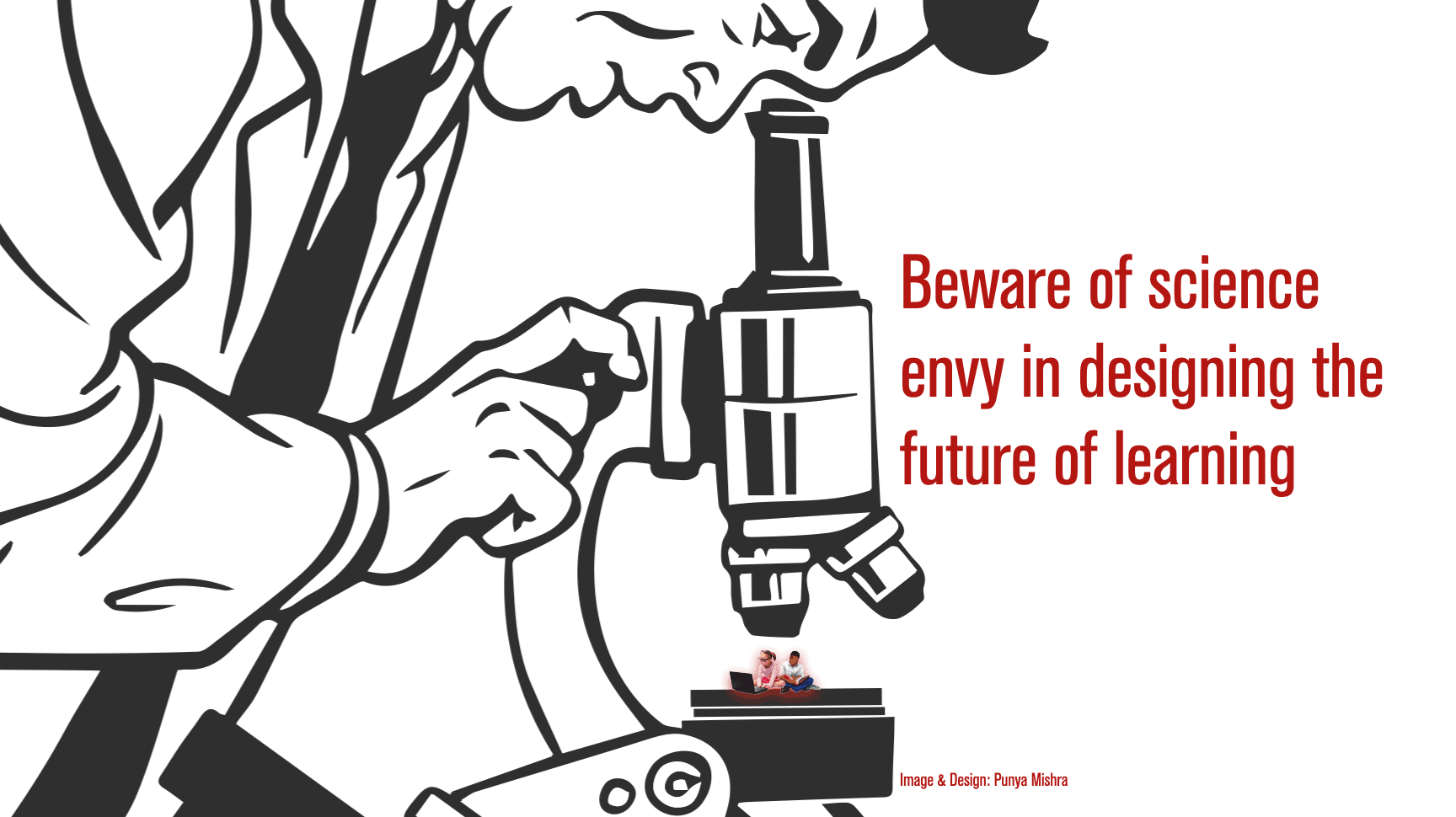
0 Comments